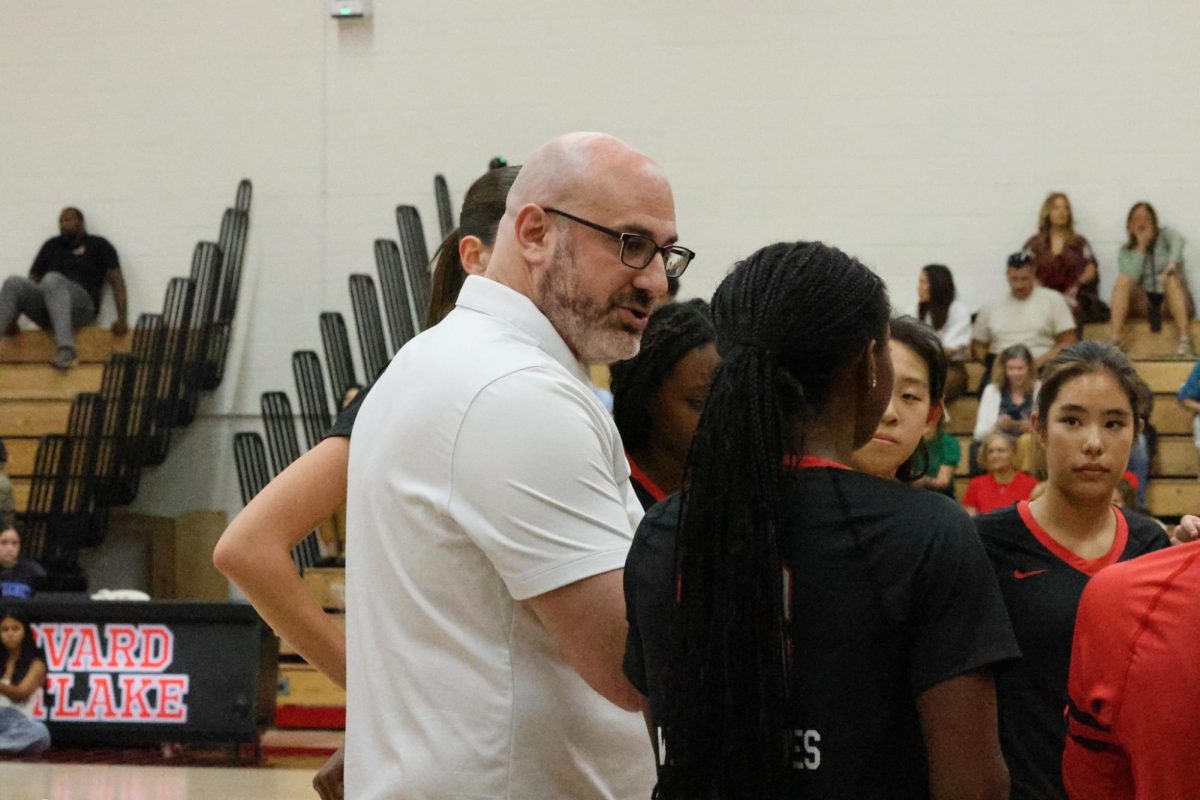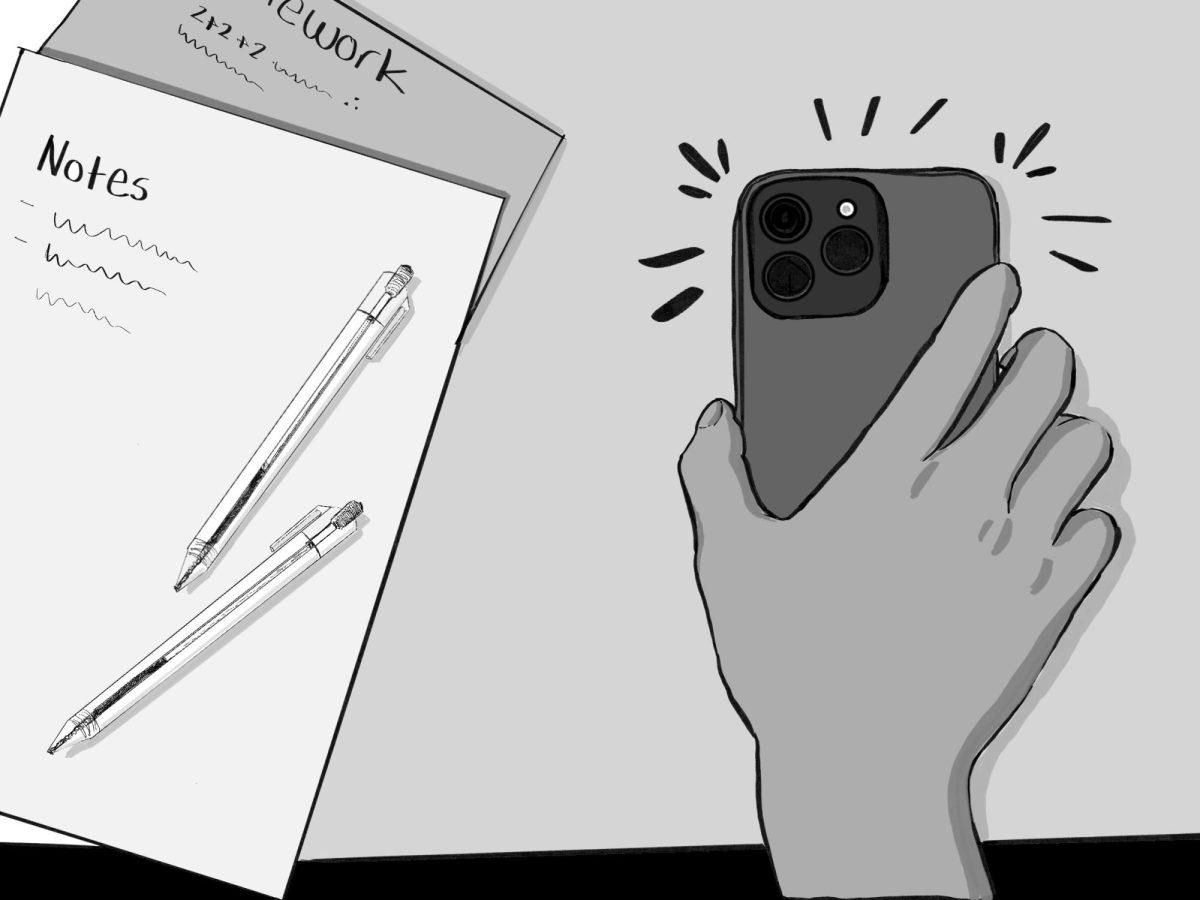There is a certain hush in the classroom. The hands on every desk tremble, and the mind of every student races with a mix of fantasies and fears. It is the first day of school, and the teacher at the front of the room is about to announce their testing policy. The school has a wide range of test retake policies that vary based on department and even class within the department.
While the variety of testing policies is not a bad thing, given the different material and pacing of each class, offering unlimited retakes, while potentially appealing to a student on the first day of class, is not as effective as other retake policies.
In a small group of language classes, teachers offer unlimited retakes for all quizzes and tests. One may assume that this method of testing is incredibly beneficial, given the stress-free environment it creates on test days, but in reality, the policy is not effective in comparison with other options.
The greatest problem with unlimited retakes is the excessive freedom that comes with having seemingly endless attempts to redo an assessment and the eventual pile-up of tests to retake. When students have the entire year to redo tests as many times as they want, assignments that have real deadlines become a priority. If a student had two tests in one day, it would make more sense for them to devote their time to studying for the one they could not retake and simply not prepare for the test that had unlimited retakes. While this solution may be helpful in certain moments for students, assignments in the unlimited retake class could accumulate to a point where retaking all of them would not be feasible, leading to potentially higher stress about making up work as well as lower grades on the tests the student thought they would simply redo.
In a perfect world, students would be intrinsically motivated to study and get their work in on time regardless of the grading policies. The fact is, though, that much of motivation is fueled by the consequences of failure. If there are no repercussions for not studying material when one is supposed to, students may struggle in cumulative classes, both in grasping new concepts that connect with previous ones and in keeping up with makeups on top of new assessments.
Additionally, unlimited retakes limit the practice of students advocating for themselves at school. Part of being a good student is understanding what can be accomplished and what is going to be impossible. Teachers at the school are accommodating about project and test extensions under the right circumstances, and being able to assess one’s situation and reach out to a teacher in order to make a compromise about testing is an essential skill that will carry on into life. There are no unlimited retakes on contracts or meetings, so working in a class environment with seemingly no short-term consequences for poor performance and a lack of effort does not teach good habits for students’ futures.
The most realistically helpful testing solution could still involve retakes, but with a more limited number of them.




























